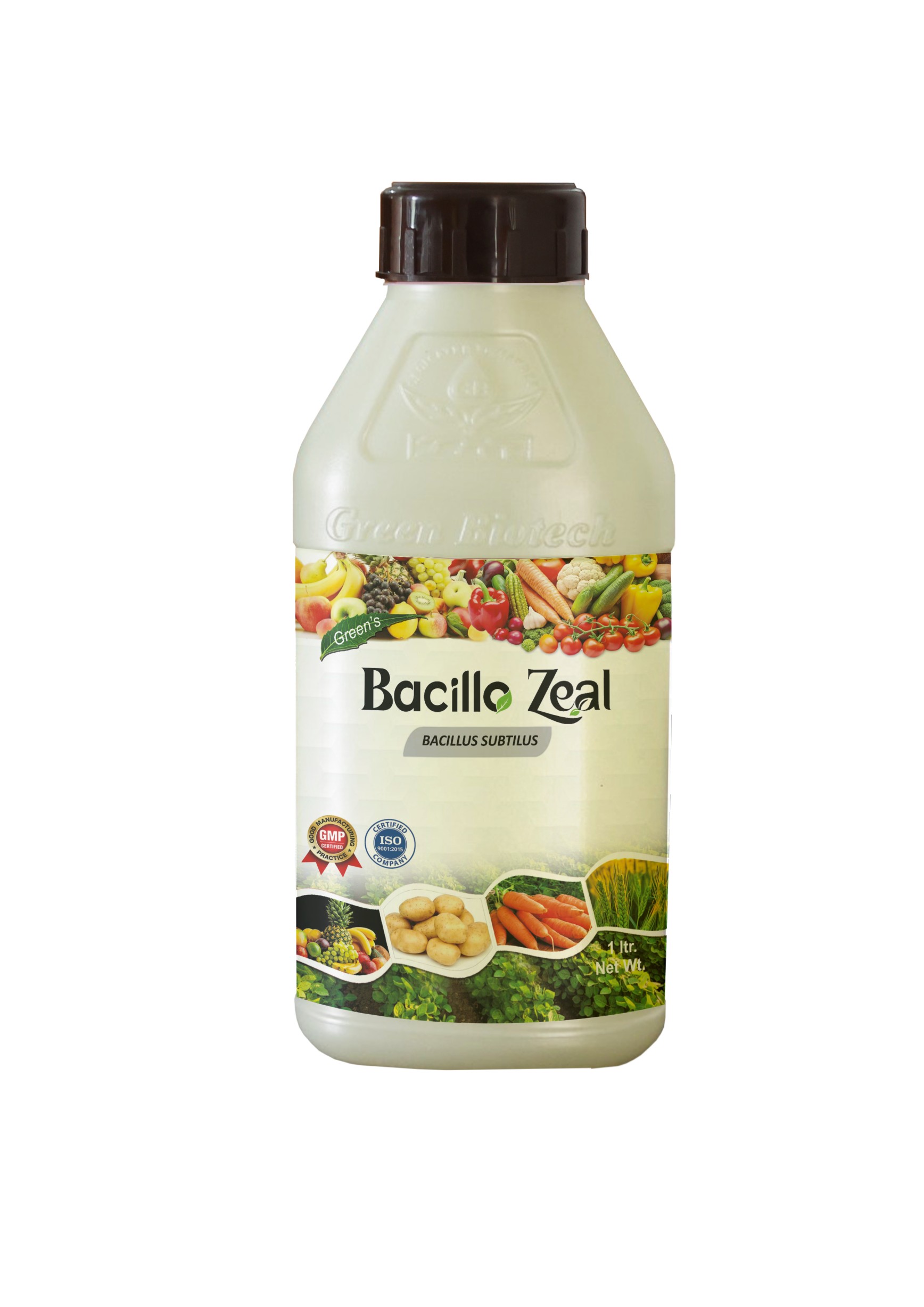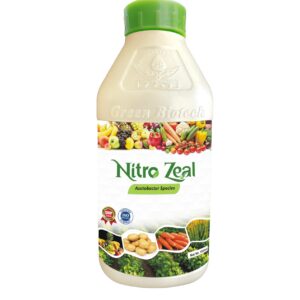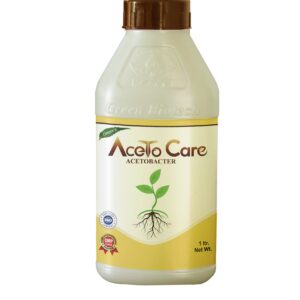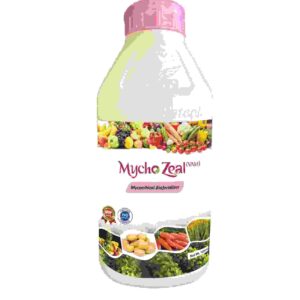Description
GREENS BACCILLO ZEAL Bacillus species are beneficial in agriculture due to their various properties that enhance plant growth, protect crops from diseases, and improve soil health. Here’s how Bacillus species contribute to sustainable farming practices:
1. Biocontrol of Plant Diseases
- Antagonistic Activity: Bacillus species are known to produce antimicrobial compounds such as antibiotics (e.g., bacillomycin, bacitracin), enzymes, and peptides that inhibit the growth of plant pathogens, including fungi, bacteria, and viruses. For example, Bacillus subtilis is commonly used as a biocontrol agent against fungal pathogens like Fusarium, Rhizoctonia, and Pythium.
- Competition for Resources: These bacteria outcompete harmful pathogens for nutrients and space on plant surfaces and in the soil, preventing disease establishment.
2. Promotion of Plant Growth
- Production of Growth Hormones: Many Bacillus species, such as Bacillus megaterium and Bacillus subtilis, produce plant growth-promoting substances like auxins (e.g., indole acetic acid, IAA), gibberellins, and cytokinins. These hormones stimulate root growth, improve nutrient uptake, and enhance overall plant growth.
- Enhanced Root Development: By improving root proliferation, Bacillus species help plants access more water and nutrients, promoting better growth, particularly in nutrient-poor or degraded soils.
3. Nitrogen Fixation
- Symbiotic and Non-Symbiotic Nitrogen Fixation: Certain Bacillus species can fix atmospheric nitrogen into a form that plants can use, enhancing soil fertility and reducing the need for chemical nitrogen fertilizers. This is particularly valuable in maintaining sustainable farming systems.
4. Phosphate Solubilization
- Improved Phosphorus Availability: Some Bacillus species can solubilize inorganic phosphorus compounds in the soil, making them more available to plants. This is crucial because phosphorus is often present in forms that plants cannot easily absorb. By solubilizing phosphorus, Bacillus bacteria help plants access this essential nutrient more efficiently.
5. Degradation of Organic Matter
- Organic Matter Breakdown: Bacillus species produce enzymes that help break down organic matter, including cellulose, hemicellulose, and lignin, enhancing nutrient cycling in the soil. This process improves soil structure and increases the availability of nutrients for plants.
6. Soil Health and Fertility
- Improvement of Soil Microbial Diversity: By promoting the growth of beneficial microorganisms and outcompeting harmful ones, Bacillus species contribute to better microbial balance in the soil. This balance improves soil structure, enhances nutrient cycling, and supports plant health.
- Soil Enzyme Production: Bacillus bacteria also produce enzymes that degrade organic materials, improving soil structure, water retention, and aeration.
7. Induced Systemic Resistance (ISR)
- Enhancing Plant Defense: Bacillus species can trigger systemic resistance in plants, making them more resistant to both biotic and abiotic stresses. They stimulate the plant’s immune system, preparing it to defend against future pathogen attacks.
8. Bioremediation
- Pollutant Degradation: Some Bacillus species are involved in bioremediation, where they help degrade pollutants like pesticides, heavy metals, and organic contaminants in the soil. This contributes to cleaner, healthier soils, promoting better plant growth and sustainability in farming.
9. Enhancing Soil Structure and Water Retention
- Soil Aggregation: The production of biofilms and other substances by Bacillus species can help improve soil aggregation, which enhances soil structure, water retention, and root penetration. These factors improve plant growth, especially in arid or drought-prone areas.
10. Sustainable Farming and Reduced Chemical Inputs
- Eco-friendly Practices: As biocontrol agents and natural fertilizers, Bacillus species reduce the need for chemical pesticides and fertilizers, promoting more eco-friendly and sustainable agricultural practices. Their use supports organic farming and helps reduce environmental pollution from excess chemical use.







Reviews
There are no reviews yet.